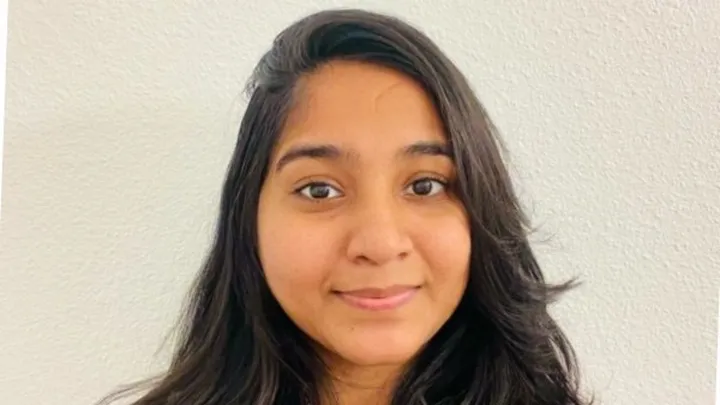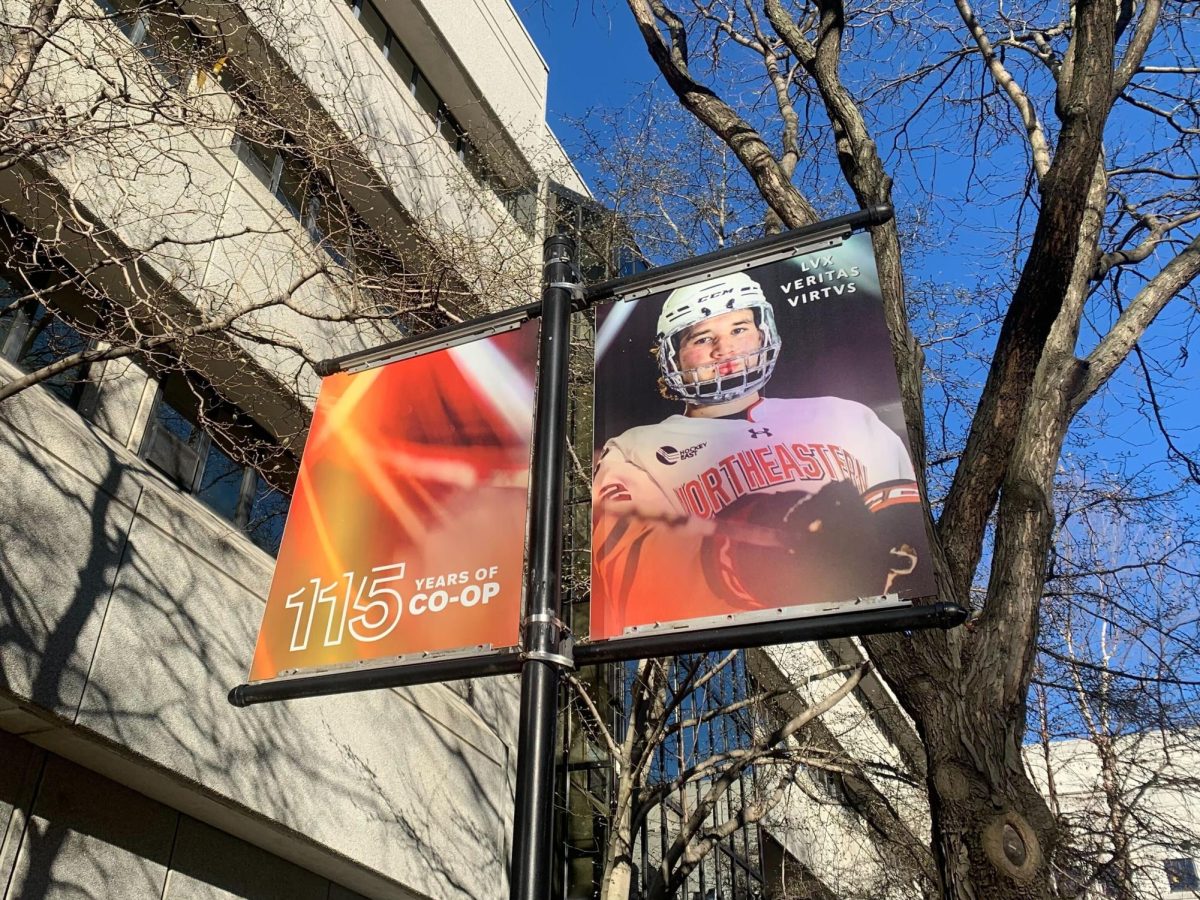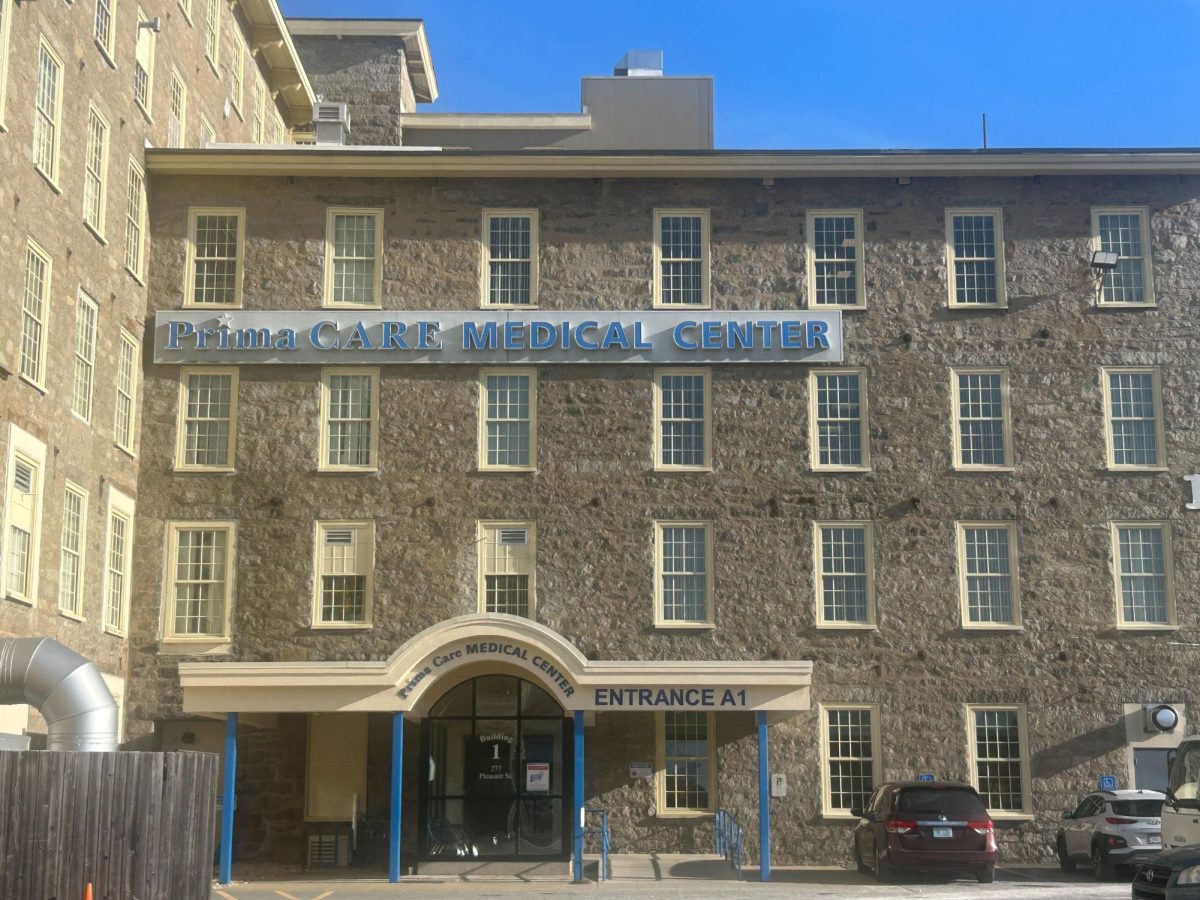Anthony R. Filocamo, a sophomore criminal justice major who defied his mobility challenges and attended Northeastern in hopes of becoming a
lawyer, died on Sept. 18 at Children’s Hospital Boston aft-
er a brief illness. He was 19.
Mr. Filo-
camo told Alison Moll, an academic counselor for the College of Criminal Justice, that he had always known he wanted to be involved in the field of criminal justice. From a very young age he wanted to be a police officer, but as he grew older, his focus was redirected to legal studies.
One of Mr. Filocamo’s professors, Nancy Tavares, who had him in her critical issues in criminal justice co-op course, said Mr. Filocamo wanted to be an attorney. She said she could not see him as a criminal defense attorney or a brazen litigator, which she attributed to his “shy side.”
Tavares remembers asking Mr. Filocamo why he wanted to be an attorney, and he wasn’t exactly sure why, but said he was “intrigued” by the law.
Mr. Filocamo was born in Melrose and raised in Revere. He attended Revere High School and graduated with the class of 2002. He had a degenerative muscular disease, Moll said, which had left him in a wheelchair. Moll said that it was remarkable what Mr. Filocamo was able to do despite the physical challenges he faced.
During his freshman year, Mr. Filocamo was active in his classes and was involved in a number of extracurricular activities, including the Criminal Justice Student Advisory Board.
Mr. Filocamo lived at home in Revere while he attended Northeastern. Everyday he had classes, his father would bring him to campus.
“Anthony’s father was his constant companion on campus,” Moll said. “They consulted each other in regards to classes and logistics. They checked in with each other, it was teamwork for them.”
Tavares, who had Mr. Filocamo in class during winter quarter, said the father-son relationship reminded her of Dick and Russel Hoyt, who have been known icons of the Boston Marathon team wheelchair race since 1981.
“It was amazing,” she said, adding that their relationship was touching.
Tavares remembered one instance when Mr. Filocamo’s father was running late one day, and a group of female students in the class waited with Mr. Filocamo until his father reached campus.
“I was impressed with the girls in the class…they looked out for him,” she said.
Other members of the College of Criminal Justice posted condolences on the funeral home’s Web site for the Filocamo family.
Associate Professor Wallace Sherwood, who currently had Mr. Filocamo in his criminal due process course, wrote a message to the family.
“I missed him in class, but did not know that he was in the hospital. Just this morning I rearranged the chairs at the front of the class, as I do each class, to make accessibility easier for him,” Sherwood wrote. “I feel a profound sense of loss. I will miss him tremendously.”
Mr. Filocamo leaves his parents Gary J. and Nancy (Alberino); a brother and a sister, Gary J. Jr. and Katie, all of Revere; his paternal grandparents, Andrew J. and Lois Filocamo of Florida and his maternal grandparents, John and Katherine Alberino of East Boston.








